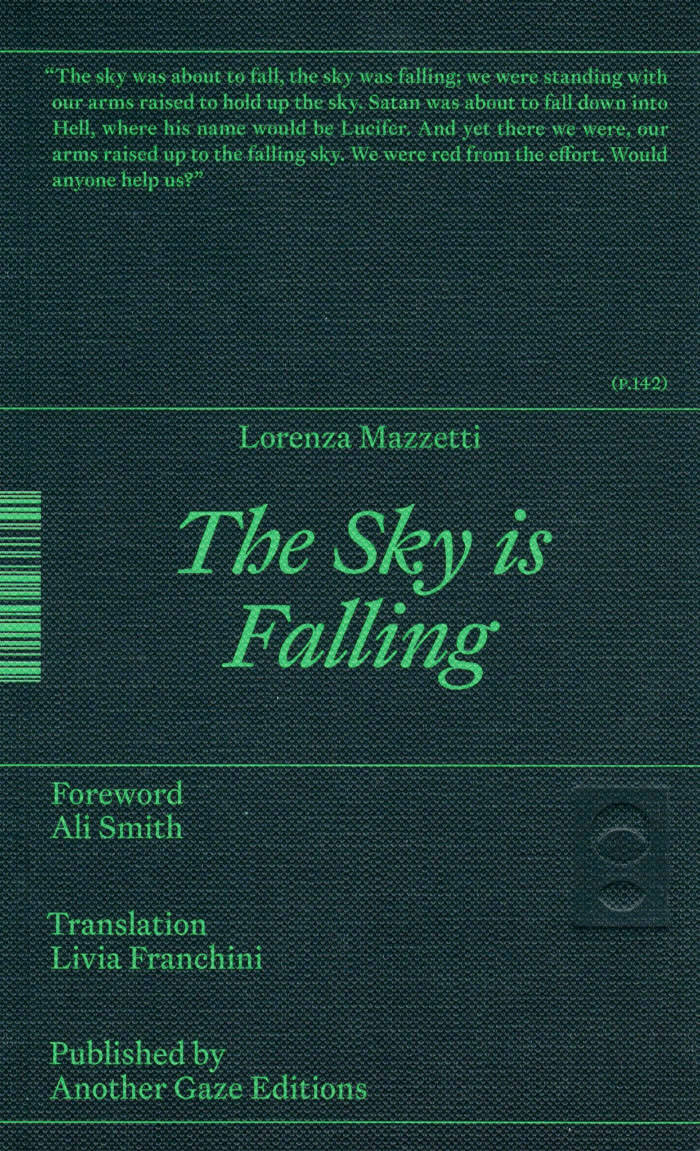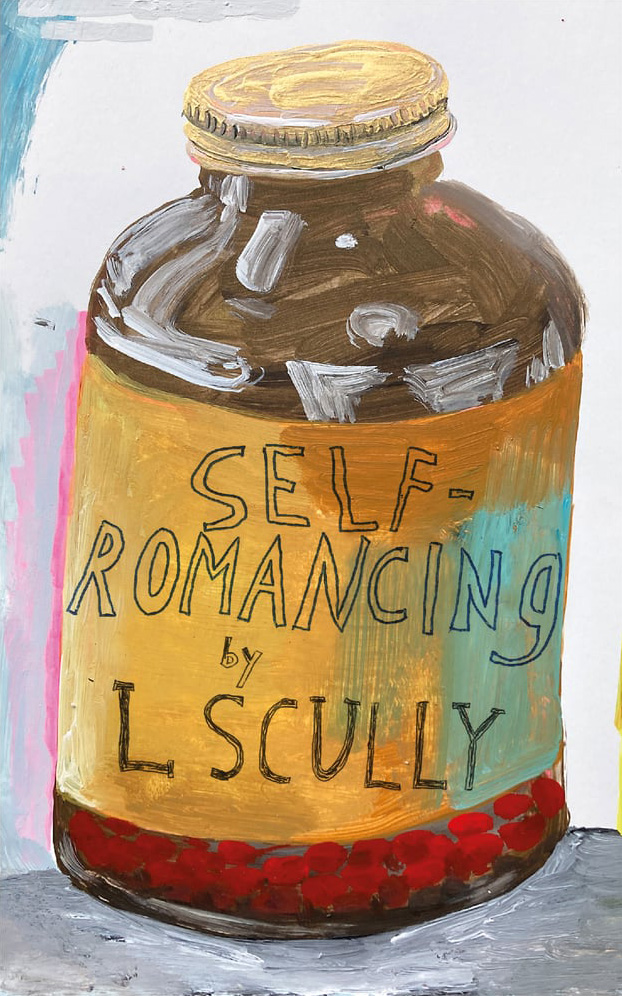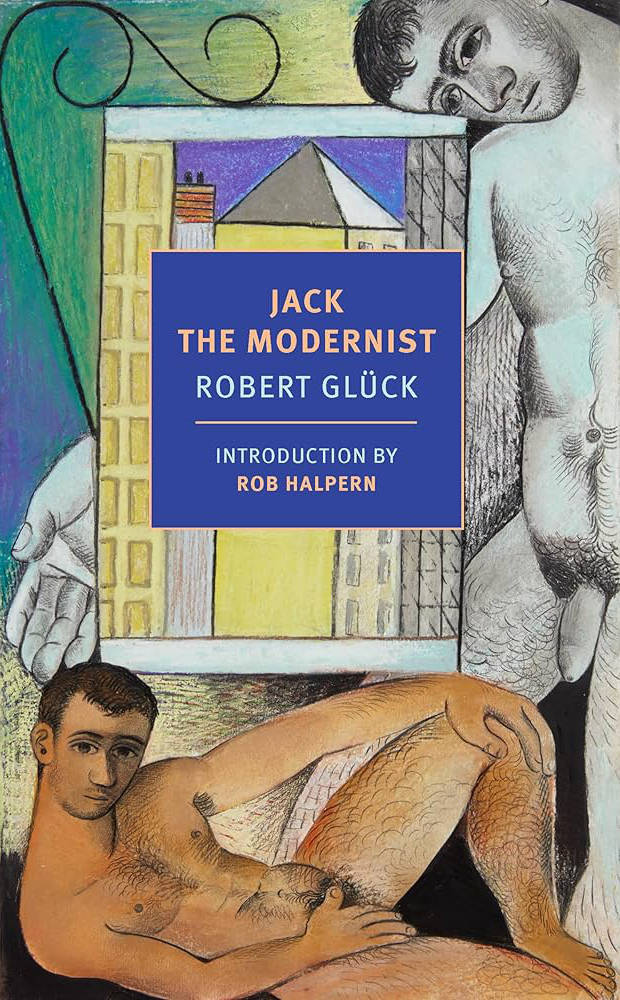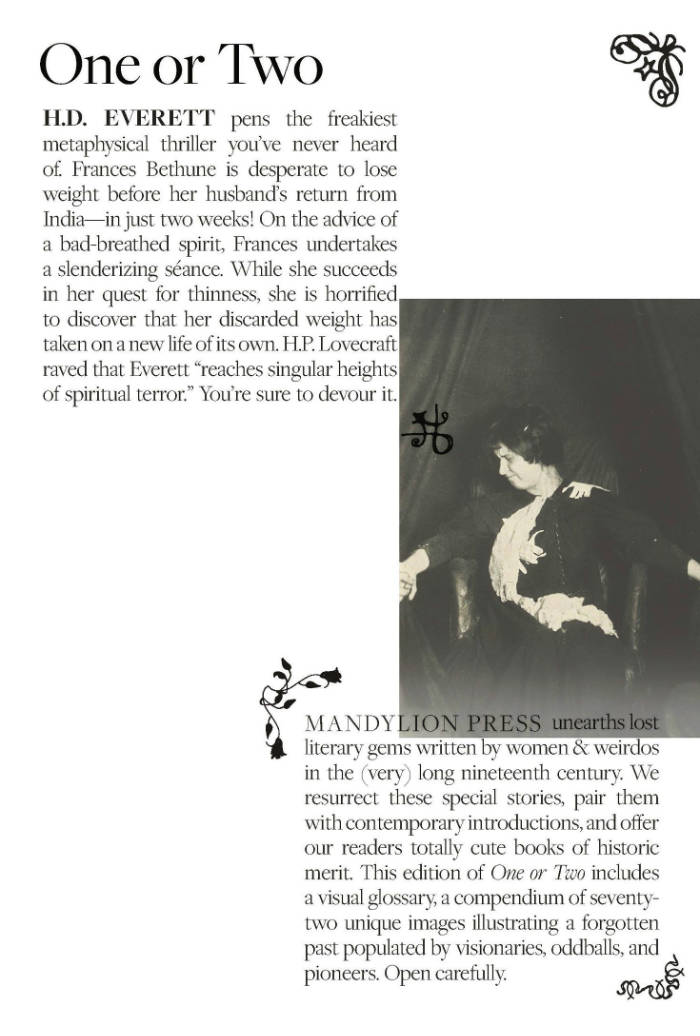
The Sky is Falling
First published in 1961, Lorenza Mazzetti’s “The Sky is Falling” (“Il cielo cade”) is an impressionistic, idiosyncratic, and uniquely funny look at the writer’s childhood after she and her sister are sent to live with their Jewish relatives following the death of their parents. Bright and bucolic, vivid and mournful, and brimming with saints, martyrdom, ideals, wrong-doing and self-imposed torments, the novel describes the loss of innocence and family under the Fascist regime in Italy during World War II through the eyes of Mazzetti’s fictional alter ego, Penny, in sharp, witty (and sometimes petulant) prose.
First translated into English as “The Sky Falls” by Marguerite Waldman in 1962, with several pages missing due to censorship, the novel has been out of print in the anglophone world for many years. We are proud to reissue the text in a beautiful new translation by Livia Franchini that carries over the playfulness and perverse naivete of the original Italian.
“Il cielo cade” is so much more than just a book about the horrors of the Second World War. It is as much a loving homage to the picture-perfect childhood Mazzetti’s aunt and uncle provided for her and her sister before circumstances beyond their control overwhelmed them, and thus also a moving portrait of the cruel loss of childhood innocence” – Lucy Scholes, “The Paris Review”.
LORENZA MAZZETTI (1928 – 2020) drew, made films, wrote novels and towards the end of her life ran a puppet theatre in Rome.
Mazzetti first discovered filmmaking in the U.K.. Upon arriving in London in the late 1940s, Mazzetti was admitted in unconventional style to the Slade (the day before term began and having not enrolled, she went to the director and told him she was a genius) and swapped her sketchbook for celluloid after finding some film equipment in the school’s store cupboard. She was the first woman to receive public funding in the UK for her film “Together” (1956), which was presented as part of the first Free Cinema programme at the National Film Theatre in 1956 alongside films by Lindsay Anderson, Tony Richardson and Karel Reisz.
When Mazzetti returned to Italy in the late 1950s, she gave up filmmaking and turned to writing. Her first novel, “Il cielo cade” (1961) was awarded the prestigious Premio Viareggio prize, and still appears on the Italian school curriculum.




